Flutter App for Any WordPress: Bridging the Gap Between Mobile and Web
Introduction
In the rapidly evolving world of technology, creating a seamless connection between mobile applications and websites is crucial. This article explores the integration of Flutter, Google’s UI toolkit, with WordPress, a popular content management system. Let’s delve into the benefits, the process of development, and the optimization strategies for building a Flutter app for any WordPress website.

Benefits of Using Flutter for WordPress Apps
Cross-platform Compatibility
One of the standout features of Flutter is its ability to create applications for both iOS and Android platforms using a single codebase. This significantly reduces development time and ensures a consistent user experience across devices.
Native-like Performance
Flutter’s performance is comparable to native applications, thanks to its compilation of native ARM code. Users can enjoy smooth animations, quick load times, and a responsive interface.
Rich User Interface
Flutter offers a wide range of customizable widgets that enable developers to create stunning and dynamic user interfaces. This flexibility is especially beneficial when designing apps that need to reflect the branding and style of the associated WordPress website.
Setting Up Your Flutter Project
You must set up your development environment to embark on your Flutter-WordPress journey. Start by installing Flutter and Dart, the programming languages used by Flutter. Additionally, configure dependencies to integrate WordPress functionality into your app seamlessly.
Connecting Flutter with WordPress
The heart of your integration lies in connecting Flutter with WordPress through the REST API. This section will guide you through retrieving data from WordPress and ensuring secure connections through authentication methods.
Designing the User Interface
An appealing user interface is essential for the success of any app. Learn how to utilize Flutter App for Any WordPress widgets to create a responsive design that adapts to various screen sizes. Explore the possibilities of enhancing the user experience through animations and interactive elements.
Implementing Features
Your Flutter app for any WordPress should mirror the content and functionality of your WordPress website. Dive into displaying posts and pages, adding comment functionality, and seamlessly integrating media and multimedia content.
Optimizing for SEO
Search engine optimization (SEO) is vital, even in the mobile realm. Discover best practices for ensuring your Flutter app is SEO-friendly, facilitating proper indexing and crawling by search engines.
Testing Your Flutter App
Thorough testing is paramount to delivering a bug-free and user-friendly app. Explore the tools and techniques available for testing Flutter apps for any WordPress, covering everything from unit tests to UI testing.
Deployment and Distribution
Once your app is polished and ready, it’s time to release it to the world. Learn how to prepare your Flutter app for any WordPress release, including publishing it on app stores and distribution platforms.
User Feedback and Iteration
Encourage user feedback as a valuable resource for improvement. Discover how to implement updates and enhancements based on user suggestions, creating a more user-centric and engaging application.
Common Challenges and Solutions
Address potential challenges in Flutter-WordPress integration and troubleshoot common problems developers may encounter during development.
Future Trends in Flutter and WordPress Integration
Stay ahead of the curve by exploring upcoming features and improvements in Flutter and WordPress integration. Gain insights into the future of mobile app development for WordPress websites.
Case Studies
Examine real-world examples of successful Flutter app for any WordPress. Understand the challenges faced and lessons learned from these implementations.
Community and Support

Join the vibrant Flutter and WordPress communities to seek assistance, share knowledge, and contribute to the growth of these ecosystems.
Conclusion
In conclusion, bridging the gap between mobile and the web has never been more exciting. The fusion of Flutter and WordPress opens up a world of possibilities for developers and users alike. Whether you’re a seasoned developer or a newcomer, exploring Flutter for WordPress app development can lead to innovative solutions and enhanced user experiences.
FAQs About Flutter App for Any WordPress
Is Flutter suitable for small WordPress websites?
Absolutely! Flutter’s flexibility makes it ideal for projects of all sizes.
Can I use existing WordPress plugins in my Flutter app?
While some may require adaptation, many plugins can be integrated seamlessly.
How often should I update my Flutter app?
Regular updates are essential for security and feature enhancements.
What challenges might I face in Flutter-WordPress integration?
Common challenges include API connectivity issues and UI responsiveness.
Are there any limitations to Flutter’s SEO?
While Flutter apps can be optimized for SEO, content updates may require attention.

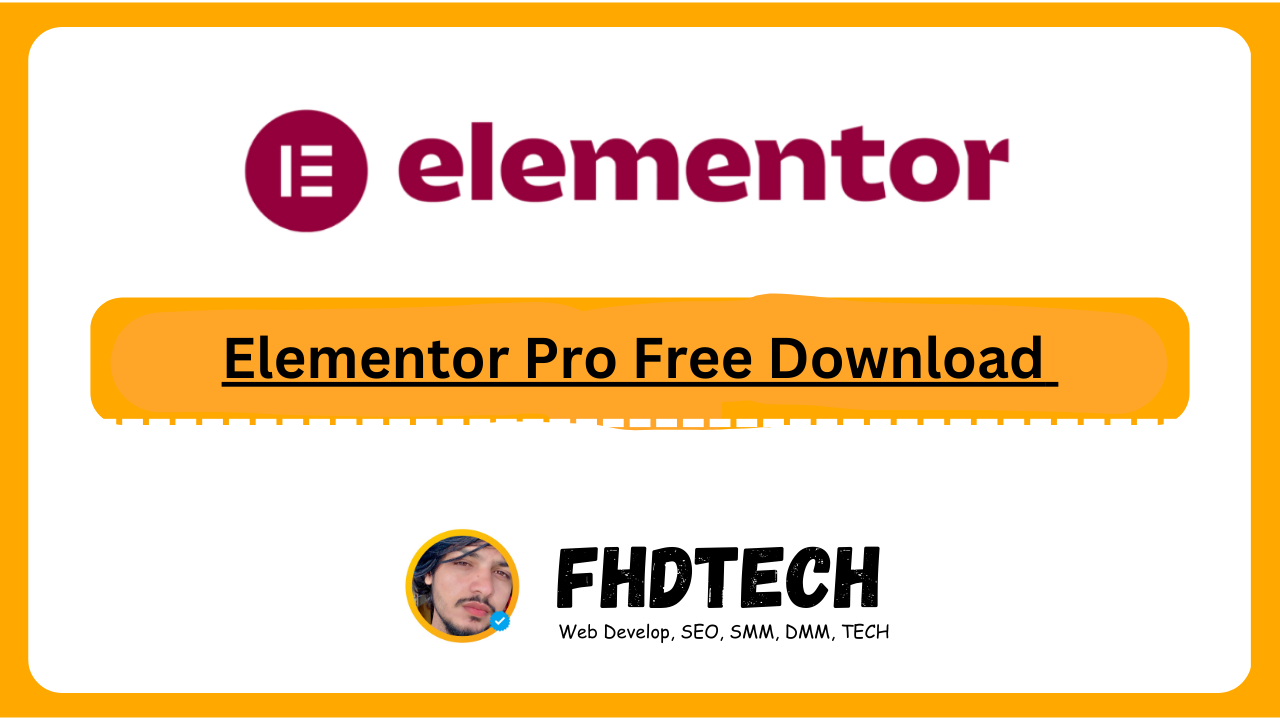
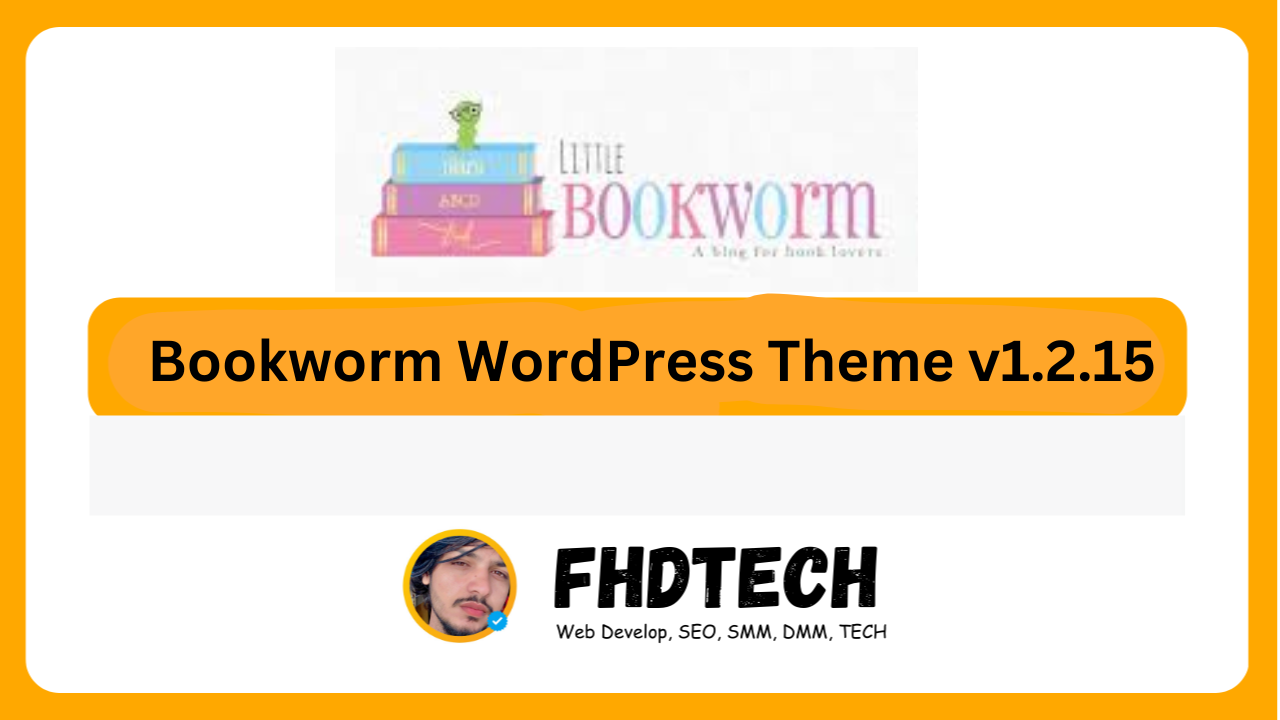
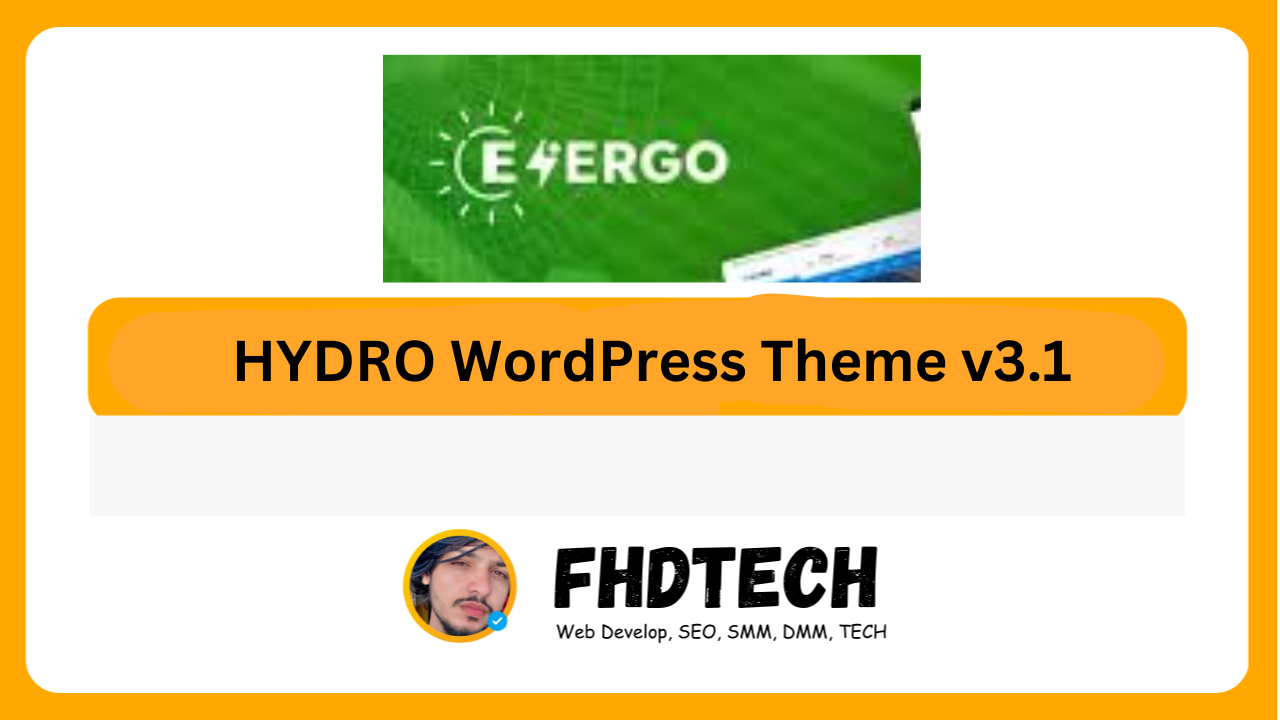
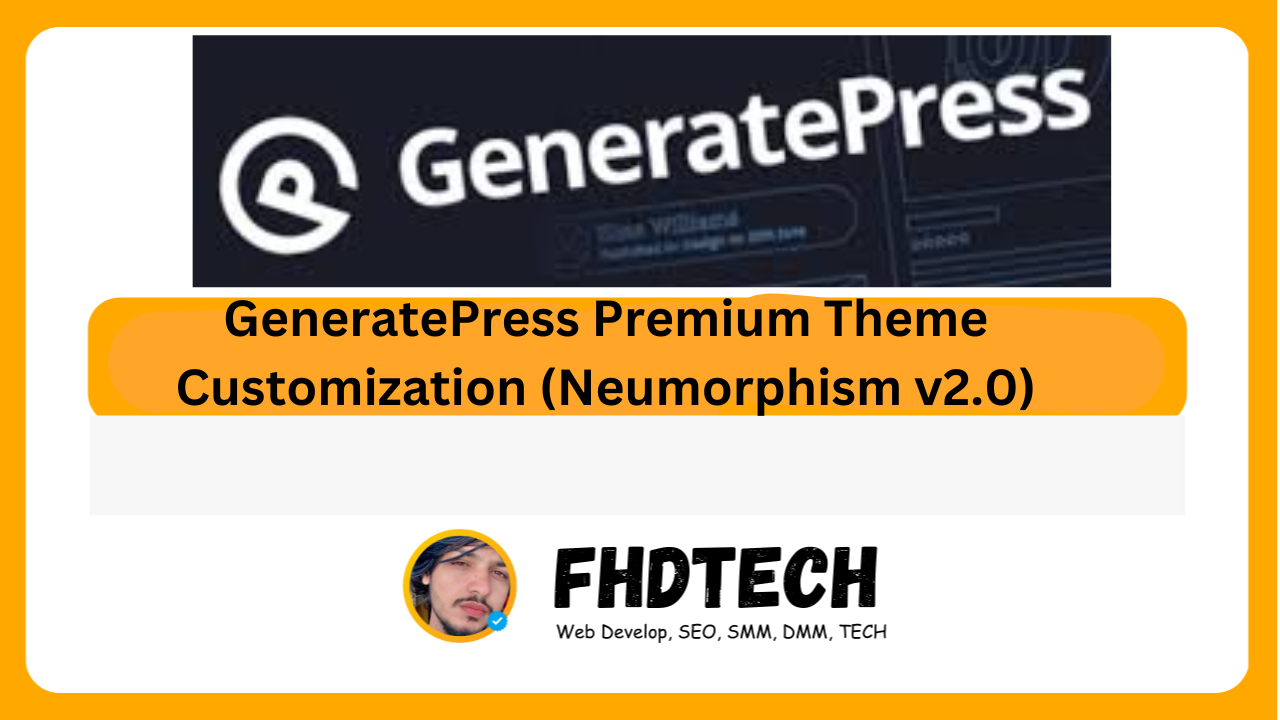




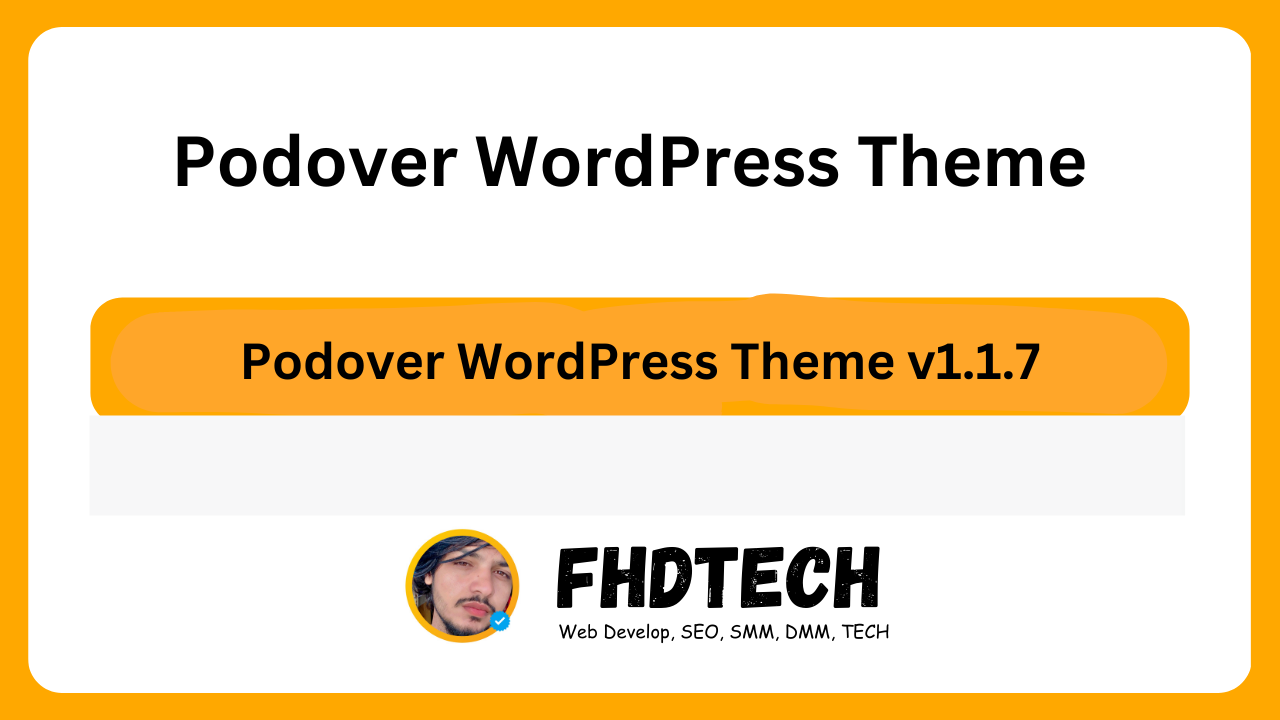
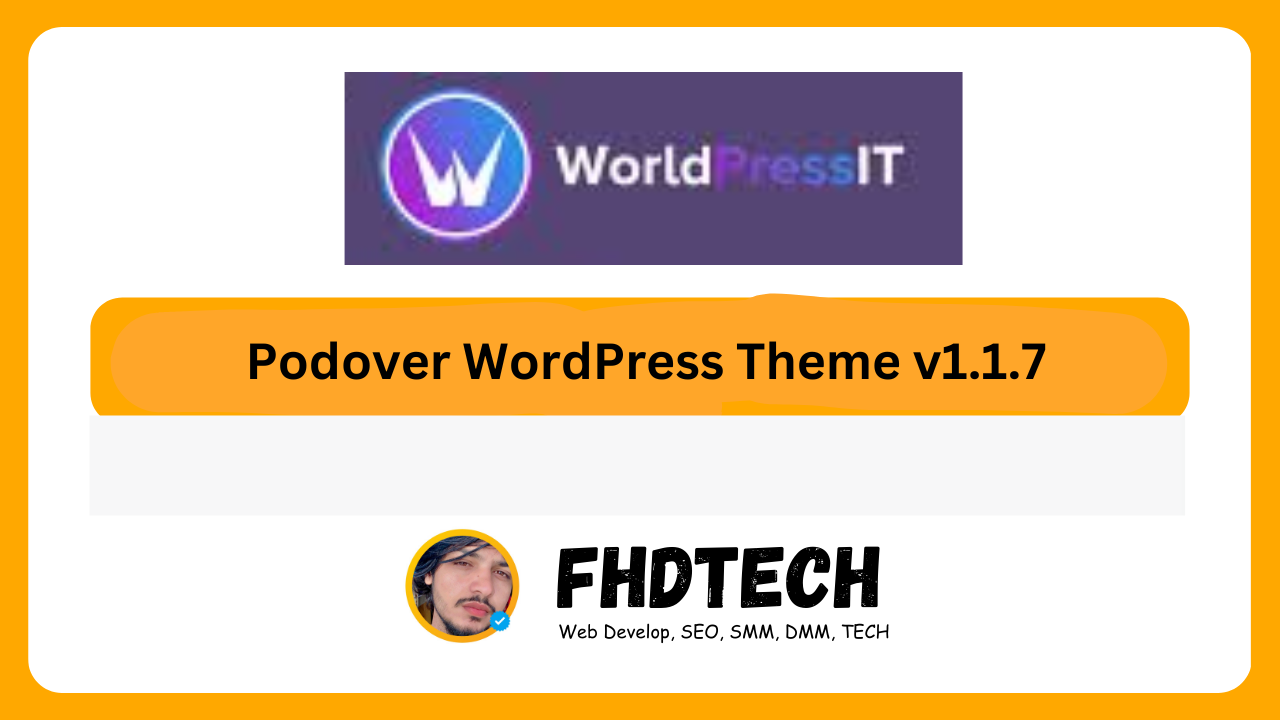
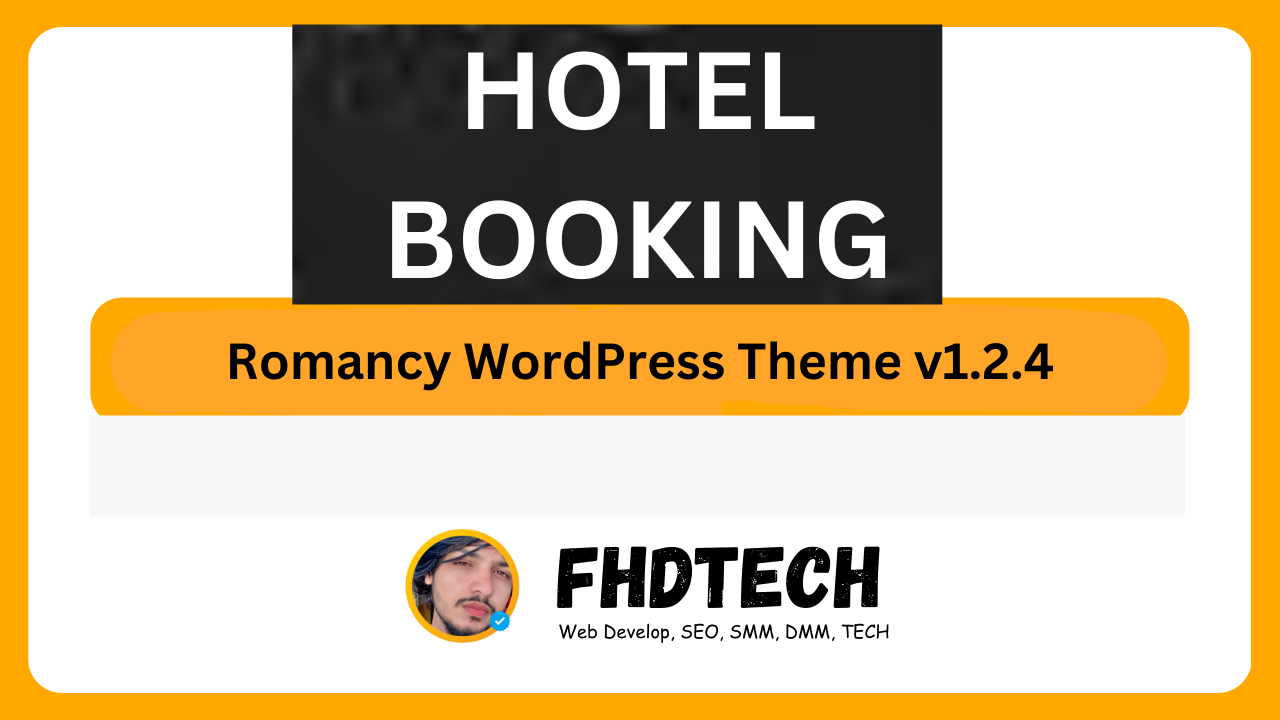
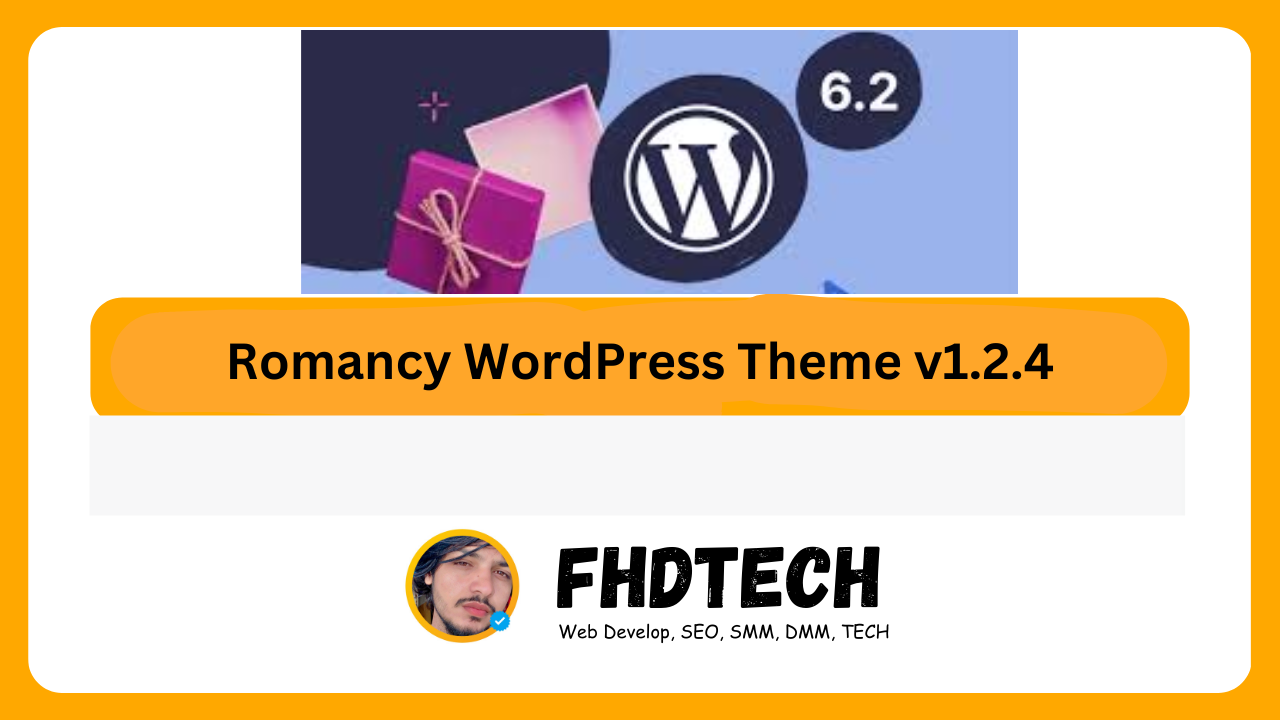
Leave a Comment